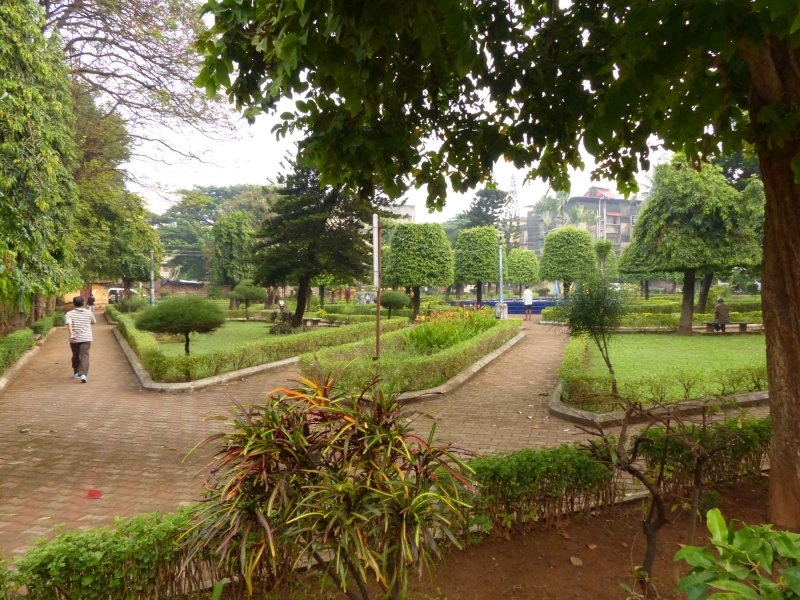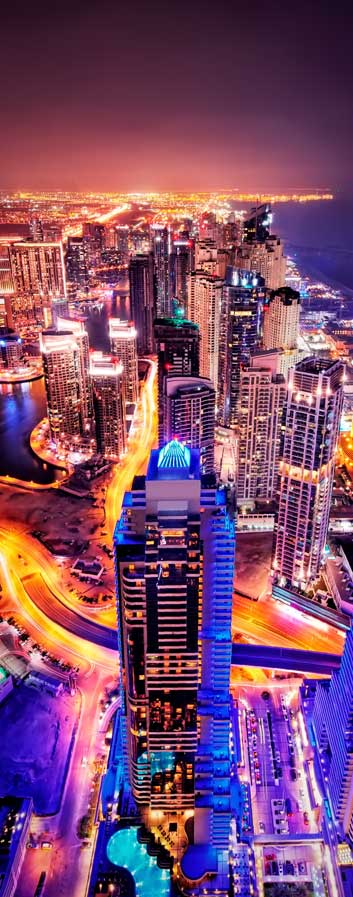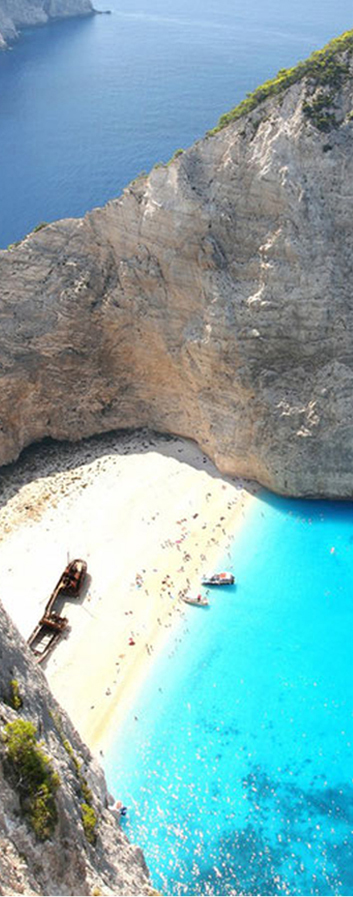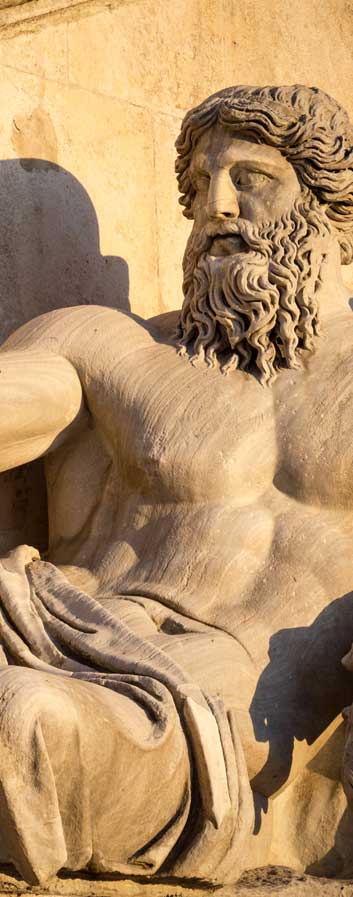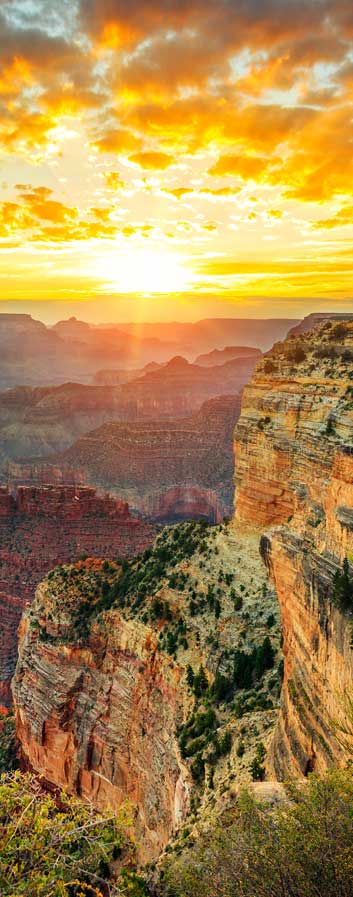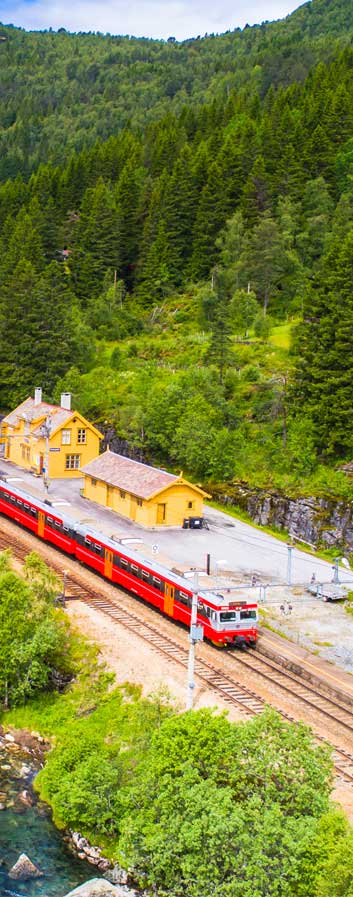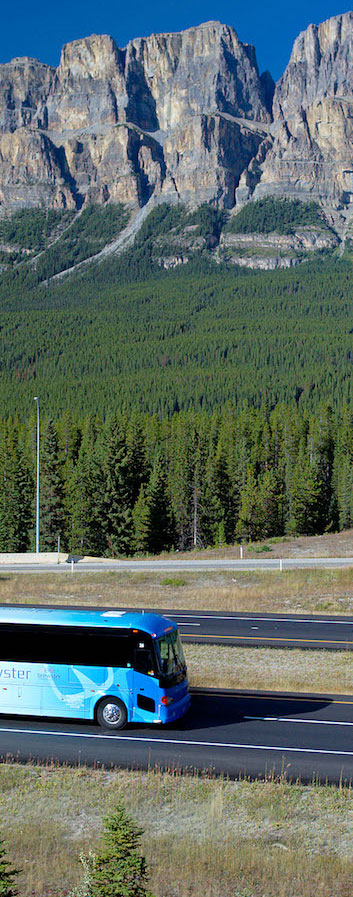Panaji
The capital of Goa lies on the southern left bank of the Mandovi river that skirts the town and makes for a beautiful setting. Panaji, earlier Panjim, is among India’s most scenic state capitals. This is a small yet fascinating city, filled with tiled roofs, tree-lined avenues and bridges. It was also called Nova Goa (New Goa) for a short period under Portuguese rule. The state in western India is known for its beaches, colonial buildings, cuisine and the easy going lifestyle.
Panaji remains the most famous tourist destination in Goa, in terms of beaches, churches, carnivals and natural beauty. Being the capital city, it is the focal point of tourism in Goa. The town has some beautiful red-blue-green-yellow roofed buildings made in Portuguese Baroque style. While its official name has been Panaji (meaning “the land that does not flood”) since the 1960′s, it has been called Panjim by the Portuguese, who ruled Goa for over 400 years. Panjim was given the status of a city and was declared the capital of Goa in 1843. The city has tree-lined cobbled streets, pretty gardens and a beautiful promenade on the river-front. It was annexed by India with the rest of Goa and the former Portuguese territories, in the invasion of 1961.
On Goa’s elevation to statehood in 1987 Panaji became the state capital. Panaji is also the administrative headquarters of North Goa district. Goa’s cultural traditions literally stretch back to the dawn of civilisation. Despite successive onslaughts and the ravages of alien occupation, Goa’s cultural traditions have displayed amazing resilience with stimulation by every fresh challenge. To a large extent, Goa’s cultural heritage was enriched by a slow but unremitting process of absorption and assimilation of the more congenial features of alien culture. The focal point being the symbiosis of Latin and local cultural strains. Freedom brought about a cultural renaissance in Goa along with providing a fresh impetus to the classic literature and fine arts and a revival of the folk arts.
Panaji isn’t recommended for its beaches, as they tend to be dirty and crowded. Located centrally in Panjim, Altinho offers spectacular views of the city. It is one of the quietest areas and has few ancient houses, the Bishop’s Palace and the Jogger’s Park.
The Bishop’s Palace is especially beautiful during Christmas, when star lanterns are hung on the trees and a huge mass is conducted.
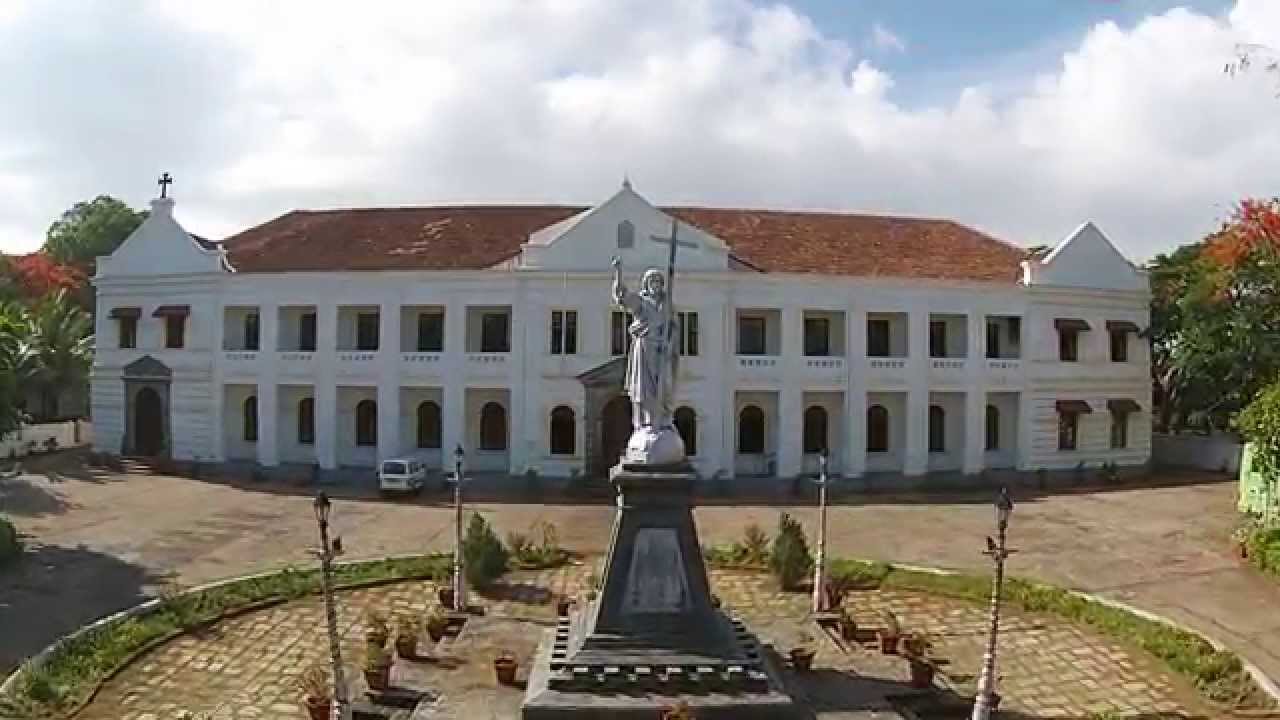
The Jogger’s Park also offers spectacular views of the city and has a Maruti Temple, which is lit up in the evenings. The Fontainhas is one of the prime cultural centres, which houses evidences of the life and history of Goa. The Kala Academy houses two mini theatres, which conduct regular workshops, a music library, an art gallery and exhibition rooms.
